Answer the question
In order to leave comments, you need to log in
Who considers which book his "start" to the IT world?
It just suddenly became interesting :) I started ten years ago with D. Koterov's book “PHP4 Tutorial”, when I was just learning to code and generally began to explore this vast world. I remember how he painted there about simple mail servers, his own simple template engine, etc. I sat at night, in the morning before school, trying to write and implement all this :) I remember now with nostalgia, and the book itself is on the shelf, reminds me of what happened once.
Maybe someone has similar memories that someone would like to share?
ps If someone has already written such questions, then I'm sorry, I just did not find such questions here. If there is, I'll close it.
Answer the question
In order to leave comments, you need to log in
Encyclopedia of Professor Fortran
en.wikipedia.org/wiki/%DD%ED%F6%E8%EA%EB%EE%EF%E5%E4%E8%FF_%EF%F0%EE%F4%E5%F1%F1% EE%F0%E0_%D4%EE%F0%F2%F0%E0%ED%E0
It seems like 91-92.
I think there will be a lot of people here for whom the first (no, the very, very first) step in IT was a book . And I was in a computer city.

Well, the first step towards programming was a book.
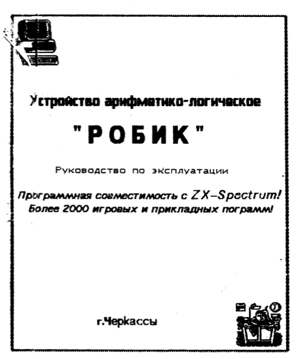
There were many books on the Spectrum, then I began to write a little bit in BASIC. I don't remember the exact names. There was another excellent book, after which nothing was scary anymore:
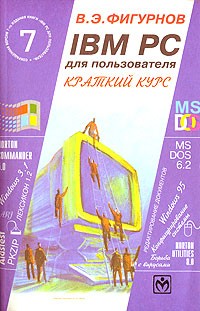
A. Larchenko, N. Rodionov - ZX Spectrum for users and programmers. I think this is the best IT book I have ever read. I studied Assembler on it.
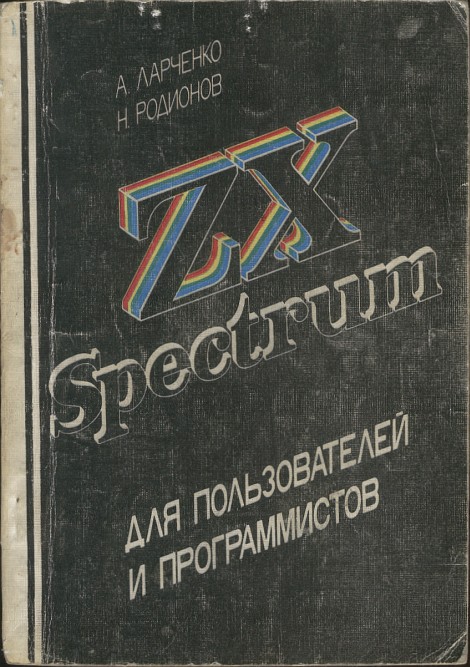
"We master the microcomputer." 1989

Hisahiko Hisegawa. The World of Computers in Questions and Answers. 1988
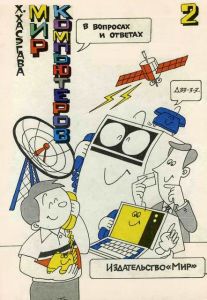
Both publishing house "Mir"
I did not know how to read yet, but I looked at the drawings with pleasure. Especially the first one. It seems that less than 1% have actually been read, but the books are remembered for
a lifetime. And programming from the already mentioned Faronov. Turbo Pascal 7.0 and a collection of problems from the Moscow Olympiads of the 90s
Forgot to add:
I rewrote the program with music from it like:
sound();
delay();
sound;
without really understanding all sorts of cycles, etc. :-) Also still on the shelf
C++ Dummies. One of the first editions, I started reading it somewhere in class 7.
I remember there were big problems with the IDE, in the book the Borland C ++ Builder was used in the examples, but somehow it didn’t work out for me, then I tried Intel C ++ Studio, and I eventually settled on Visual Studio 6.
Sorry for the resource, but here are scans of my first book
. And more seriously - Ira Paul.
articles of the journal "Science and Life" about programmable calculators, and then about BASIC.
Somewhere 1986-1988
My parents bought me these two:
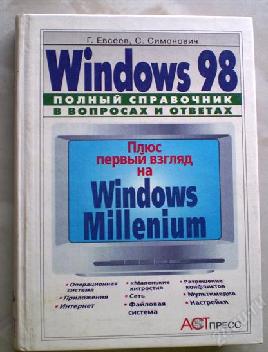
—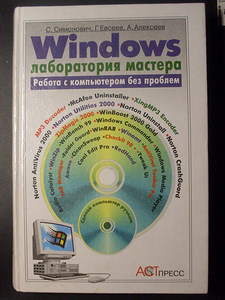
Then there was another about C ++, also Simonovich. :)

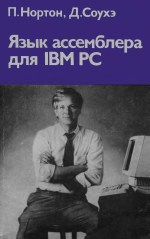
Peter Norton, gray book, barely found a picture. As I remember now, the first time I read it, I didn’t understand a damn thing, I read it four times until something began to clear up.
At the same time, there was a dot-matrix printer outputting a dock (manually bound, in four volumes!) Using Turbo Assembler 1.0, taken from the factory ...
Norton and Souhe's assembler was later.
And the computers to which there was then access were IBM 80286, 1 MB of memory, a 3.5 "floppy disk, without a screw and a central one, sort of like a server, with a 40-meter screw.
Either the skis do not go, or the chrome is inadequate
trinixy.ru/2007/09/28/jenciklopedija_professora_fortrana_25_skanov.html
there was also this one, it’s completely BEFORE the computer, even when they didn’t even plan to buy it:

Probably html tutorial in 7th grade. Then Kernighan and Richie in grades 9-10 =) I got my first computer in my first year, I envy you :P
I don’t remember what was the first, one of three options:
1. Encyclopedia of Professor Fortran
2. And I was in a computer city
3. Figunov - IBM PC for the user
my first book in the IT World was "Little Encyclopedia of Big Cybernetics"
I was 12 years old then
The local manual for working with the Yamaxa MSX-2 approved my desire to dig into computers.
But how to dig - the first insertion of brains was from Donald Alcock "Pascal in illustrations".
Further, the combination K&R v.2 + D. Rassokhin "From SI and SI++" deftly worked.
"Basic for children" and "I was in a computer city" with "Professor Fortran's Encyclopedia", yes
Brudno. ALGOL.
For a long time I could not understand what procedures are.
It all started with this, but, don't be surprised, Pascal was not to be found in my habitat. I even typed some examples into a notebook, the book got me interested and it was from it that my craving for IT began :)

But a friend had such a disk and a disk with Visual Basic 6.0


Before it there was something on Turbo-Pascal, and maybe all sorts of "Encyclopedias of Professor Fortran", but the first book read consciously, thoughtfully and with persistence in the reserve for development of the conception of skills.
In general, in the gray-haired 90s, I had some kind of clone of either the Spectrum, or don’t understand what:
the device is one and a half times larger than the Spectrum: pure white plastic, keyboard, white floppy disks, etc., everything is the same according to the scheme . My father bought my sister, and there were thin books with programs. I tried to fill it completely a couple of times (hike, it was a bootloader), but nothing happened :) I can’t even find a picture of this device anywhere in the internet ...
Didn't find what you were looking for?
Ask your questionAsk a Question
731 491 924 answers to any question